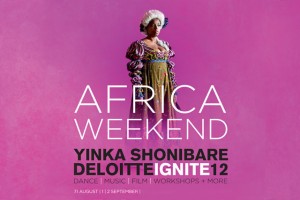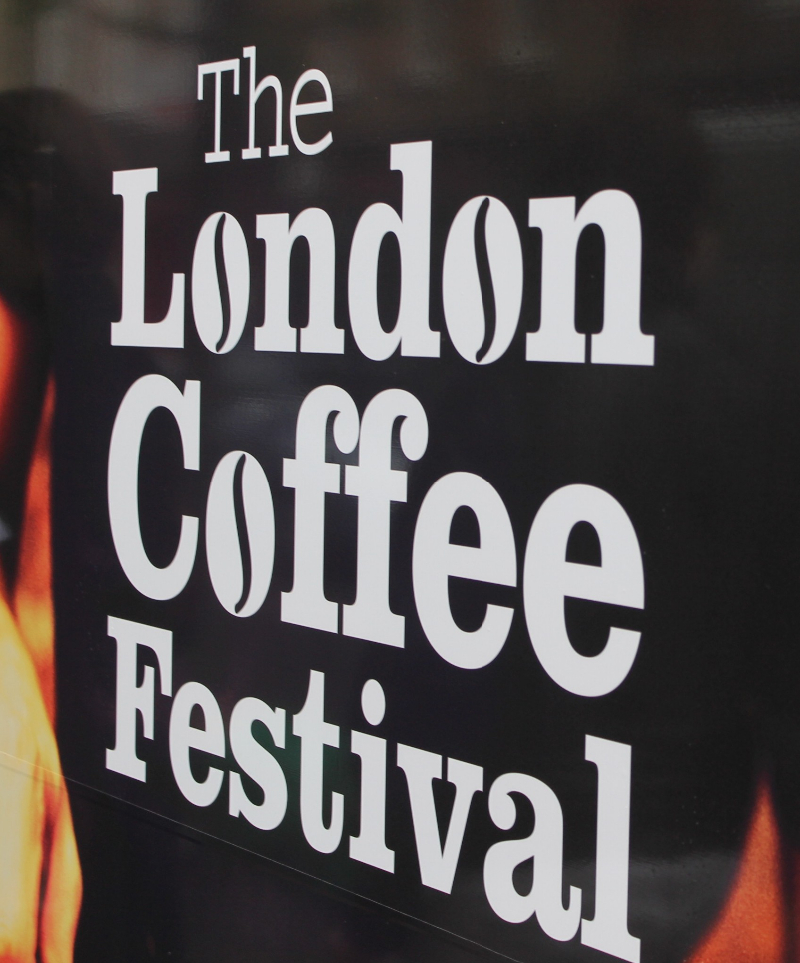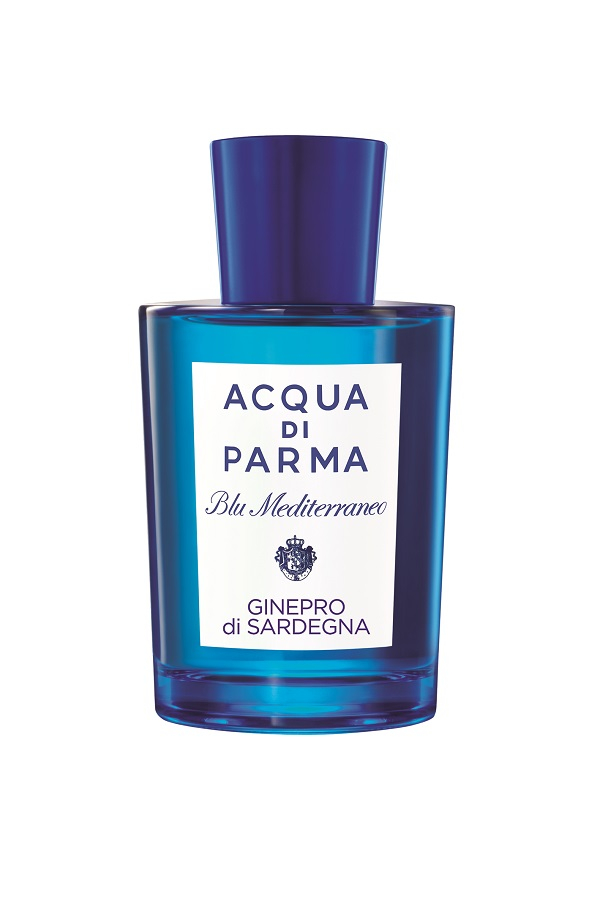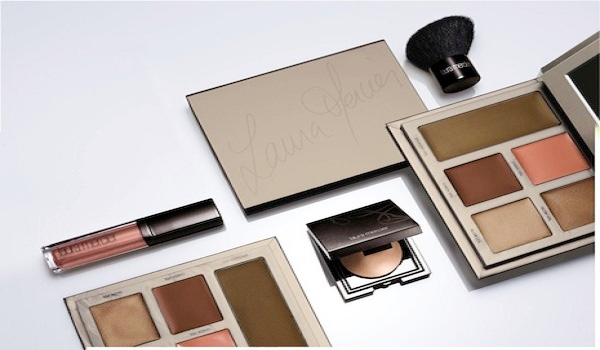Deliotte Ignite at the Royal Opera House – curated by Yinka Shonibare

The fifth Deliotte Ignite at the Royal Opera House was, this year, curated by Yinka Shonibare, best known for his Nelson’s Ship in a Bottle which graced Trafalgar Square’s Fourth Pillar back in May 2010. Shonibare’s challenging, but often, comical work, challenges Europe-centric approaches to the past by highlighting the influence of African history and culture on our understanding of the British past. This was a consistent and powerful theme throughout Africa Weekend at the Royal Opera House.
Firstly, the lovely community feel of Africa on The Piazza was a wonderful start to the day. Revolutionary and exciting African films, across all genres, were screened as the audience watched, lounging on cushions and rugs. The Upcoming caught the first screening of the day, Moufida Tlati’s deeply haunting The Silences of the Palace. One of the first feature films to be directed by an Arab woman, The Silences of the Palace is a wrenchingly brave and honest portrayal of female loss of identity – and the often fruitless attempt to recover that which has been lost – through the perspective of those women trapped by service in 1950s Tunisia.
Later in the afternoon, an emotional lift and a continuation of Shonibare’s theme of African influence on the British past through Tunde Jegede’s African Messiah, a reworking of themes from Handel’s Messiah employing African musical traditions. Performed by some of the most talented international singers and musicians, this concert exhibited all the innovation, creativity, joy and skill of African music and tore through any small-mindedness that places greater value on European traditions and instruments.
A beautifully appropriate continuation of this idea came from Victor Gama, whose conviction towards greater musical freedom outside of Western traditions motivated him to create Instrumentos. Gama has long believed that, outside of Western techniques, there is greater innovation, creativity and freedom in the craft of instruments. This exhibition certainly proves his point. Having created intricate, bizarre and beautiful instruments – pieces that are works of art simply to look at, Gama went on to display how innovation in instrument design leads to innovation in sound. As we had seen in Jugede’s composition, African musical traditions have led to some incredible innovations in music – Gama takes us back to the craftsmanship that allowed for this creativity.
Also on display across the weekend were the beautiful – and way overdue – photographs of Rotimi Fani-Kayode, whose work displays African homosexual identity. Incredibly moving and theatrical, often drawing on subverted religious imagery, these photographs have an ultimately jubilant feel. A celebration of homosexuality, individuality and cultural identity, they are also more widely expressions of freedom and a loss of inhibition, of fear.
All in all, Deliotte Ignite 2012 was a celebratory, exploratory and hugely enjoyable festival. One that not only celebrated African culture and history in all its depth and intricacy, but also challenged the way we tend to view history and culture generally. With the artists, musicians, photographers and filmmakers on display throughout the past weekend, curator Yinka Shonibare has asked us to view our world from a different perspective – whether this means shrugging off the geographical bias by which we understand the past, or viewing the development of our culture from somebody else’s point of view. Africa Weekend at the Royal Opera House was certainly a glorious celebration of African culture, influence and achievements, but it was also a celebration of diversity, innovation, open-mindedness and inclusion.
Verdict: •••••
Abigail Moss





















Facebook
Twitter
Instagram
YouTube
RSS